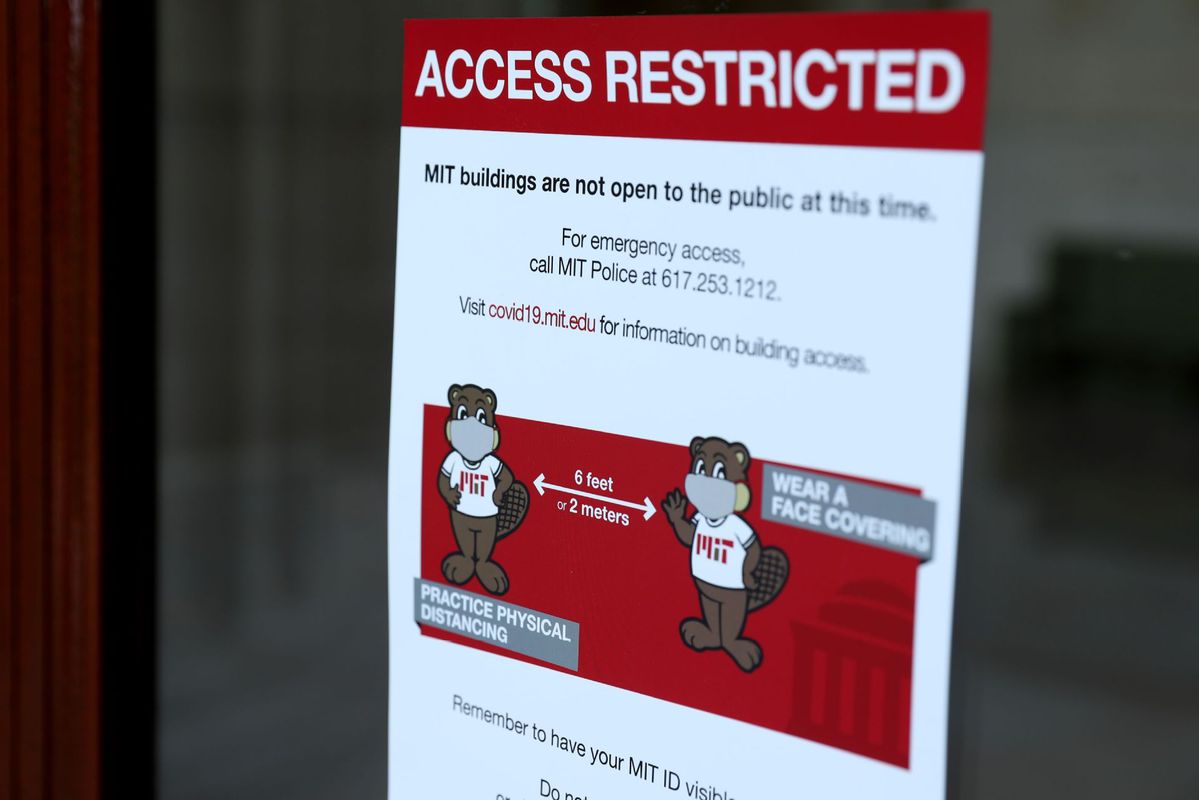US university leaders slam Trump policy on foreign students
By LIA ZHU in San Francisco | China Daily Global | Updated: 2020-07-09 09:09

The Trump administration's new policy of prohibiting foreign students from taking online-only courses in the US this fall has sparked immediate backlash from leading educational institutions, with some now taking legal action against it.
The guidance issued by Immigration and Customs Enforcement (ICE) on Monday terminates F1 and M1 visa programs for international students in academic and vocational studies if their schools operate under a remote-learning model this fall. Under the new rule, if these students do not transfer to schools offering at least partial in-person instruction, they would have to leave the country or face deportation.
Leaders at several top universities used terms such as "cruel", "destructive", "senseless and unfair" to denounce the guidance and pledged support for international students while urging the White House to take a more flexible approach.
Harvard University and the Massachusetts Institute of Technology on Wednesday sued the Trump administration over the directive, arguing that ICE's decision not to provide an exemption for online-only courses puts them in an "untenable situation" of either proceeding with their plans to operate fully or largely online or attempt to provide in-person learning.
The lawsuit stressed the challenges posed to students as they are largely unable to transfer to universities providing in-person instruction in the few weeks before the fall semester starts, and it's "impossible, impracticable, prohibitively expensive" for many of the students to participate in online instruction from their home countries.
Harvard is the latest institution to announce a virtual-only operating model for the fall semester, which means its approximately 5,000 international students would have to leave the country under the ICE directive.
"The order came down without notice — its cruelty surpassed only by its recklessness. It appears that it was designed purposefully to place pressure on colleges and universities to open their on-campus classrooms for in-person instruction this fall, without regard to concerns for the health and safety of students, instructors and others," said Harvard President Larry Bacow.
"Personally, I think this policy is outrageous. It is inhumane to force international students to return to their home country during this time when the pandemic is still serious around the world," Bebe Huang, a graduate student at Georgetown University, told China Daily. Huang's university will operate on a hybrid model with most classes online and limited space on campus for students.
"Also, there is no obvious evidence that the remote education does harm to the social order in the United States," Huang continued. "Such a policy violates the freedom of choosing different ways of education and makes international students face a dilemma between study and health."
She also criticized the policy as "bizarre", arguing that the policymaking process didn't involve stakeholders like international students and that the implementation seems "relatively vague".
More than 1.1 million foreign students currently have active student visas, according to the US Department of Homeland Security. Data from The Chronicle of Higher Education, which is tracking nearly 1,100 colleges and universities' reopening plans, shows that 8 percent of schools are planning to be online-only, and the majority are planning to offer in-person instruction or a hybrid model combining both methods.
Though their international students are largely not affected by the new rule, some universities that offer the hybrid model also expressed strong opposition, such as Cornell University. It joined the lawsuit by Harvard and MIT as a friend of the court.
"This was wholly unexpected, and it is a senseless and unfair policy that runs counter to all that we stand for as a global academic community," said Martha E. Pollack, president of Cornell.
Mary Sue Coleman, president of the Association of American Universities, said in a statement that the ICE policy is "immensely misguided and deeply cruel" to international students.
"It is also likely to do further damage to our nation's universities, which are already struggling with unprecedented uncertainty, massive logistical complications, and significant financial losses due to the ongoing COVID-19 pandemic," she said.
Columbia University President Lee Bollinger said in a universitywide email that the school "must continue to vigorously oppose immigration policies that damage Columbia, higher education, the national interest, and the international students, researchers, and faculty who immeasurably enrich our institution and the intellectual and personal experiences of each of us".
Bollinger said the ICE mandate has a "destructive and indefensible purpose" and that it will "severely disrupt and cause enormous harm to the lives of the international students".
Immigrant advocates also criticized the Trump administration for using the pandemic to advance his anti-immigration agenda.
"This policy is both unconscionable and unworkable. Rather than address the public health crisis with leadership, the Trump administration is weaponizing the pandemic to further restrict access to our immigration and education systems. This is another blatant attempt to attack immigrants and part of their longstanding campaign to make America white again," said Hong Mei Pang, director of advocacy at Chinese for Affirmative Action.
Dong Leshuo and Zong Yi in Washington contributed to this story.
























